Despite the several communication platforms that the Internet offers, email remains the most important and the most widely used. The popularity is so high that there are people asking on Google and Quora how many email accounts they should have!
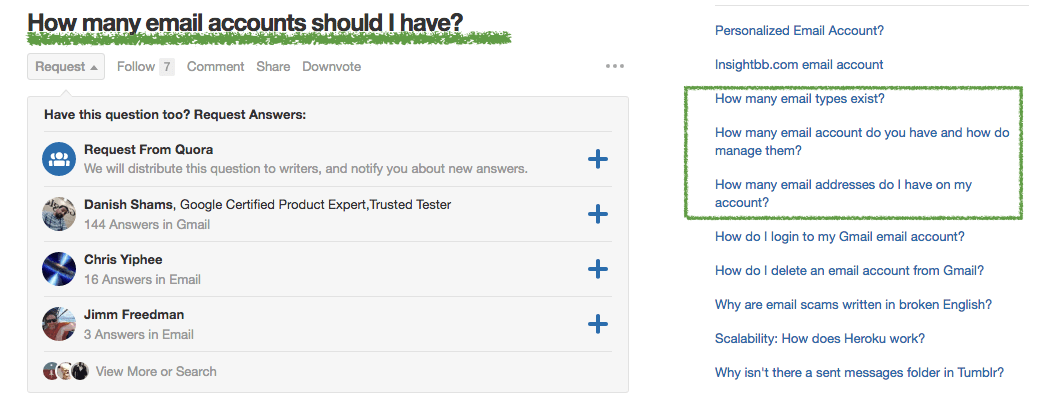 When we crunch the numbers and take a look at the reports & analytical data, we see that email is here to stay. According to The Radicati Group Inc., the number of worldwide email users will increase to over 2.9 billion, by the end of 2019. Over one-third of the worldwide population will be using email by the end of 2019.
When we crunch the numbers and take a look at the reports & analytical data, we see that email is here to stay. According to The Radicati Group Inc., the number of worldwide email users will increase to over 2.9 billion, by the end of 2019. Over one-third of the worldwide population will be using email by the end of 2019.
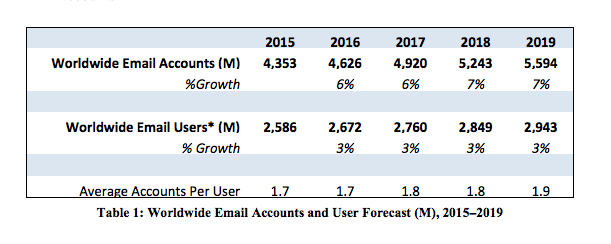 What’s more important is that the amount of consumer email continues to grow not because we simply love writing emails to our friends but because of its use for notifications, e.g. for online shopping, social media, a variety of apps, etc.
What’s more important is that the amount of consumer email continues to grow not because we simply love writing emails to our friends but because of its use for notifications, e.g. for online shopping, social media, a variety of apps, etc.
Email was first used in 1971. Some of you, including myself, might not have even been born back then. However, this unique digital communication channel is now an integral part of our lives.
 Why email is a top communication channel for your business
Why email is a top communication channel for your business
Let’s take a closer look at how businesses can leverage email to succeed. If you run an online business, you put a lot of effort into acquiring traffic to your website. But what do visitors do once they have landed there? A vast majority of them – 98% according to HubSpot- browse through and leave without finalizing a purchase or making any contact with the brand.
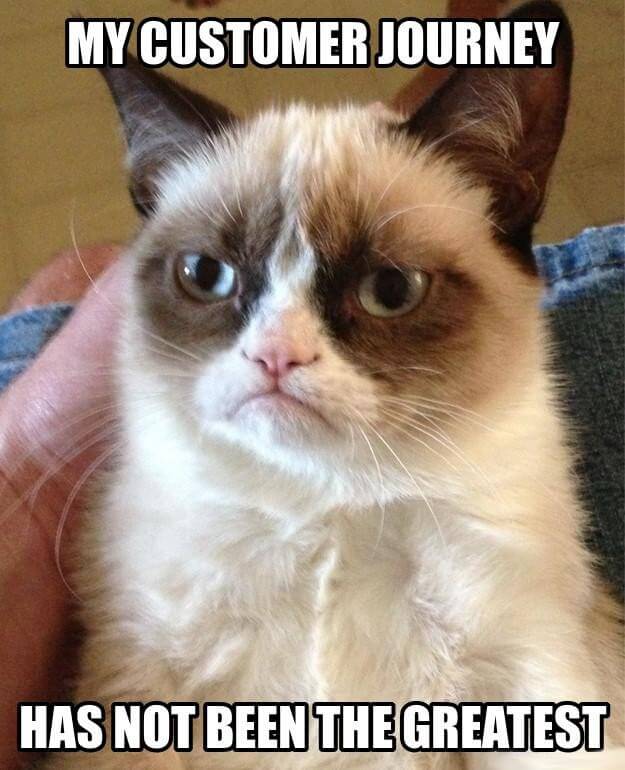 Why? That’s because they are distracted, are not really sure what to do next or simply don’t find the relevant information on your website at that particular moment.
Why? That’s because they are distracted, are not really sure what to do next or simply don’t find the relevant information on your website at that particular moment.
If you think of email as a communication channel, which:
- Customers like to use to communicate with brands
- Helps marketers educate online visitors
- Helps marketers to know their audience
- Helps audience get to know you
- Has a tremendous potential of building strong customer relationships,
then you already know why email is still so important!
Let’s do an in-depth research on what makes email marketing strategy a successful and cost-effective communication tool for a variety of online businesses.
 Building a high quality email list is your asset
Building a high quality email list is your asset
Building an email list should be at the top of every business’ priority list.
Ask yourself:
- do you own your Facebook followers?
- do you own your Twitter followers?
- do you own your [insert_a_social_media_platform_of_your_choice_here] followers?
- do you control Google algorithms?
And the answer is an obvious, NO!
Email, unlike the platforms mentioned above, is something you can control and manage yourself.
Its success relies on the idea of permission based marketing. The foundation of this is the use of a legitimately constructed database consisting the data of only those subscribers who have agreed to receive marketing communications from you.
In fact, according to Marketing Sherpa, 61% of consumers say they like to receive promotional emails on a weekly basis and 28% want to receive them even more frequently.
Once you get your email list building strategies set up and automated, you’re good to go and can now monetize the email channel for your business.
Adestra conducted a survey in which they asked responders about the most effective list building tactics. Responders picked email specific landing pages, content downloads, and social media registration as the most effective ones.
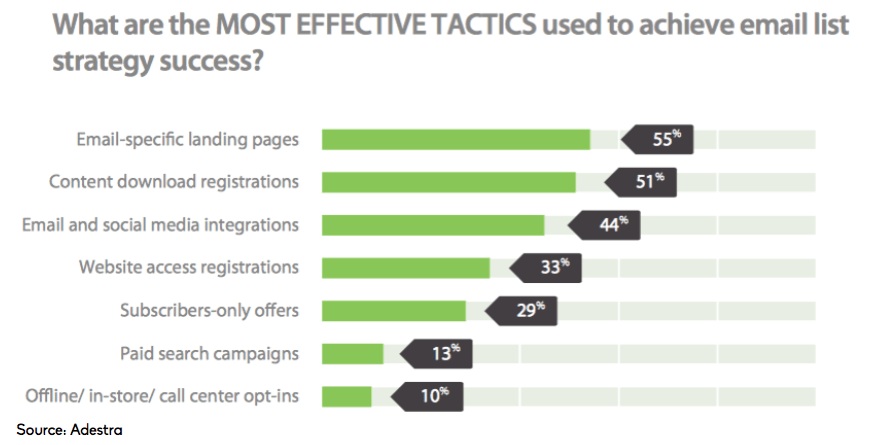 List building through lead generation takes time and resources but it is definitely worth the effort. You need to know what is the importance of lead generation via a well designed email landing page!
List building through lead generation takes time and resources but it is definitely worth the effort. You need to know what is the importance of lead generation via a well designed email landing page!
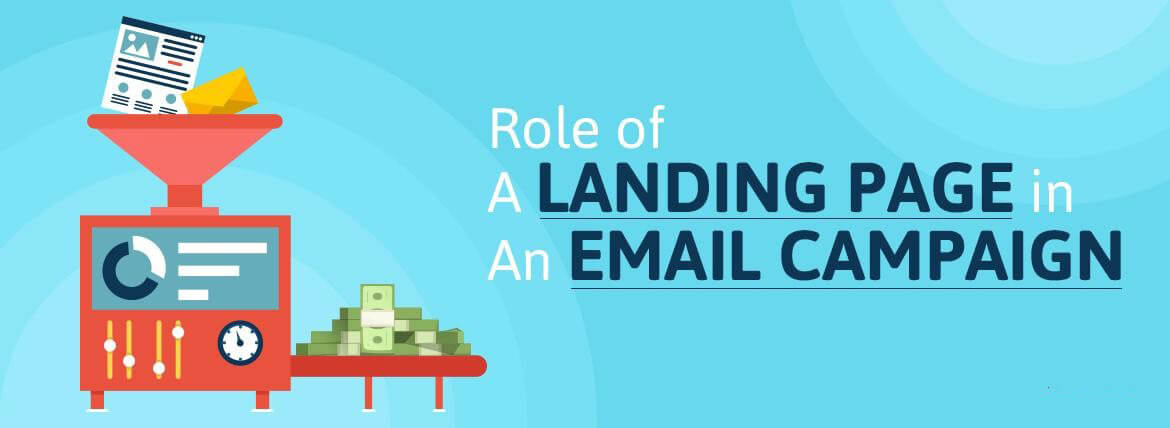 Be where your customers are
Be where your customers are
Where are your customers? Which devices do they use? Dynamically changing technologies like the communication channels and devices your customers use from different places and browsers, are connected by the email address that is placed at the core.
Your goal is to create a relationship based on cross-device experience for your business and email can help you with that.
Having started off as text-only, email is evolving to embrace new technologies and is undergoing a transformation from desktop to mobile-first. According to Litmus’ Email Analytics, 55% of email is now opened on mobile devices.
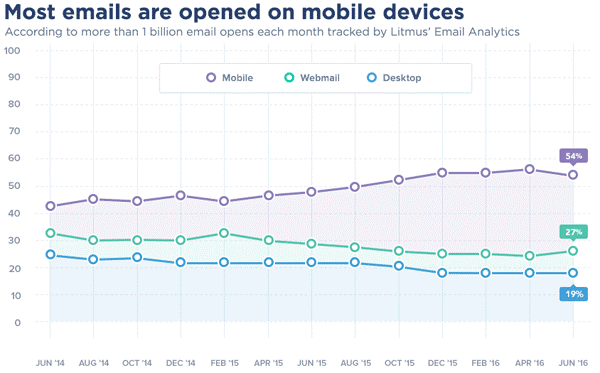
Responsive newsletters are, thus, no longer optional, they are a must. Customers are smarter, more empowered and better connected than ever before. Moreover they enjoy mobile email to the point that 69% of mobile users say they will unsubscribe an email that isn’t optimized for mobile.
The beauty of email is that unlike other intrusive communication channels, recipients can choose when they want to open the message and interact with a brand. If it’s on mobile or on desktop or webmail, remember to provide them with beautiful well-designed responsive emails.
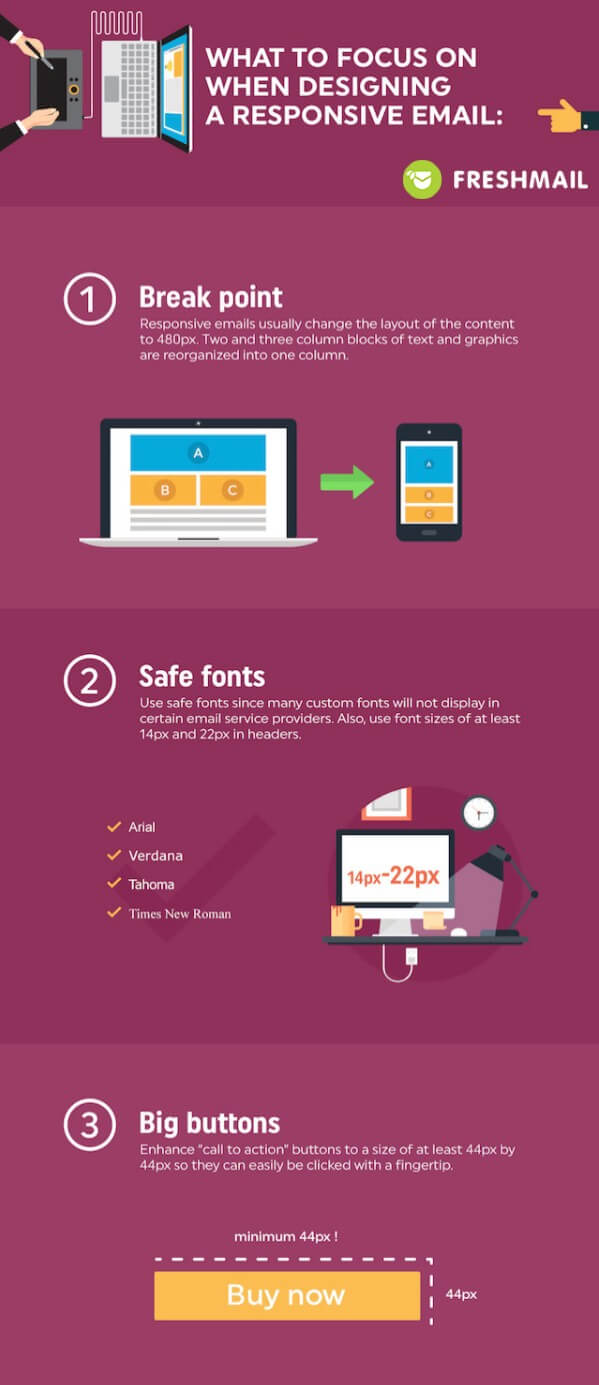

Relationship goals for email channel
The sense of one-to-one communication and reaching out to your customers at the right moment, which email enables, is your winning card. But in order to leverage on the email, you have to first get to know your customers and listen to their needs/wants/fears/aspirations to be able to feed them with the right email content and offers. The hyper-personalization trend in marketing will continue in 2017.
The technology to make email messages personalized already exists but the adoption of these techniques is still rather poor. Email subscribers face increasing clutter. They have lesser time to look at the avalanche of ads and newsletters that find their way to their inboxes. They’ve learned to read through them selectively, and so brands must fight harder to grab their attention.
Get to know your subscriber’s needs and react
If your website visitors are also on your mailing list, (and well, they must be), thanks to the integration of Google Analytics with your email marketing software, you can obtain your subscribers’ behavioral data.
The integration removes the anonymity of the data on single email addresses and helps build user personas which are later targeted with timely and highly personalized content.
With the integration, you have at your hand valuable behavioral data about the individual subscriber’s actions in the inbox and interactions on your site. If you respond well to your subscriber’s needs, using automation and triggered emails you can get attention and clicks.
Autoresponders are email messages set to go out automatically in a sequence and order preset by you. They are perfect for pushing information to a subscriber in order to get a feedback and start building long-term relationships with recipients.

How profitable is email marketing
In the Email Marketing Census 2016, Adestra confirmed that email is yet again positioned to generate large returns on investment, with 73% of those surveyed indicating that email marketing consistently delivers high or, at the very least, satisfactory ROI.
Email is so effective mainly because:
1) You send your messages to the people who opted-in to receive communications from you.
2) Your message can be opened at your recipient’s convenience. If you’ve read the above article and you did your homework – your message is relevant to your recipient’s needs!
3) When someone clicks your email, they’ve taken at least 3 high intent actions already: read the subject line, clicked to open the email, read the email and clicked on the email to be directed to your website.
Emails help to establish a connection with an actual human behind the screen. And that connection becomes your key to unlocking the revenue doors for your business.
All the big companies- including Amazon, Spotify, The Times- use email. Email, I’m sure, is here to stay!
Email is truly The King!
About Author:
Maria Wachal is the Head of Content at FreshMail. She is responsible for creating effective content marketing which aims to engage relevant audience, using content to drive profitable behaviors.
Being passionate about digital marketing and new technologies she feels strongly that Email is King and has definitely not left the building yet 😉 You can find her on Twitter.








Guest Writer
Latest posts by Guest Writer (see all)
Inspirational Marketing Quotes to help you with Email Marketing in 2017
Top Inspiring Real Estate Email Examples That Go Through The Roof